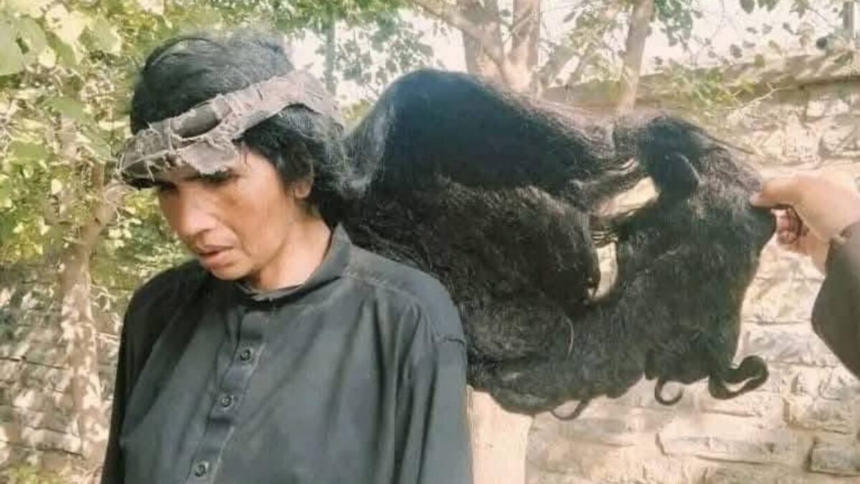RASC News Agency: Local sources in Khost province have confirmed that Taliban forces have detained a group of self-proclaimed amulet-writers and sorcerers, men who had reportedly abandoned basic hygiene for years while profiting from desperate villagers’ fears.
According to witnesses, the arrests took place on Sunday, September 21, in Sperah district, when the Taliban’s so-called Ministry for the Promotion of Virtue and Prevention of Vice raided their gathering. Residents said the group consisted of eccentric figures: one had not cut his hair for more than two decades, another survived with only a single garment, a third refused to bathe altogether, while a fourth believed he would die if he ever left his village for the city.
Local accounts indicate that these men had collected vast sums of money amounting to hundreds of thousands of kabuli rupees from impoverished families in exchange for talismans and charms, exploiting the widespread poverty and lack of healthcare that drives people toward superstition.
The Taliban’s local officials acknowledged the arrests, describing them as part of an effort to “regulate religious practices.” Yet critics argue this is less about protecting communities from exploitation and more about consolidating authoritarian control. The Taliban’s intervention removes even the flawed safety nets of folk healers, leaving vulnerable villagers with no alternatives in a country where the regime itself has crippled formal healthcare and education systems.
This campaign is not new. In recent months, the Taliban have raided and banned amulet-writers across multiple provinces, often with violence. Eyewitnesses report that morality police carried out arrests with cruelty, with some detainees tortured, seriously injured, or even killed in custody. These acts, human rights advocates stress, expose the Taliban’s preference for brutality over reform, silencing even marginal cultural practices rather than addressing the root causes of exploitation: poverty, ignorance, and state collapse under their rule.
Analysts emphasize that by branding such figures as “sorcerers” or “charlatans,” the Taliban seek to present themselves as the sole guardians of morality and religion in Afghanistan. In reality, this strategy is part of a broader campaign to suffocate Afghanistan’s cultural pluralism, eradicate traditional practices, and enforce a rigid, monochrome social order. What might appear as a crackdown on superstition is in fact another manifestation of Taliban authoritarianism: eliminating local voices, instilling fear, and ensuring that no aspect of Afghanistani life remains outside the shadow of their repressive control.
In the absence of accountable governance, genuine healthcare, and education, the exploitation of vulnerable families will persist whether by opportunistic amulet-writers or by the Taliban themselves, whose far greater exploitation lies in their stranglehold over every sphere of Afghanistani society.






